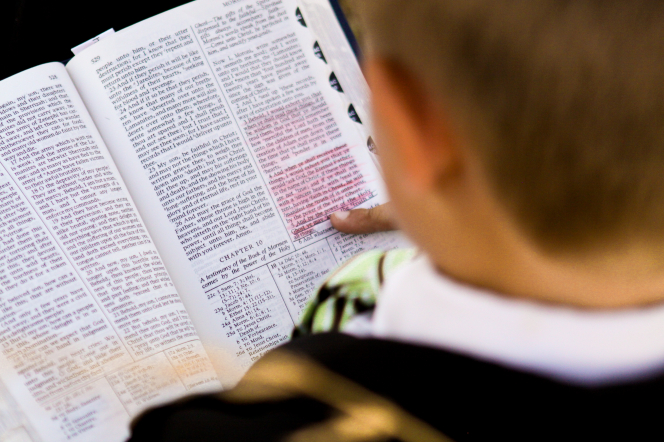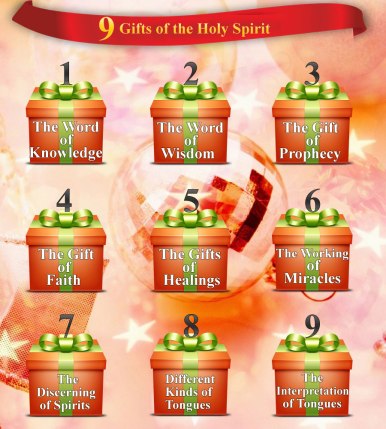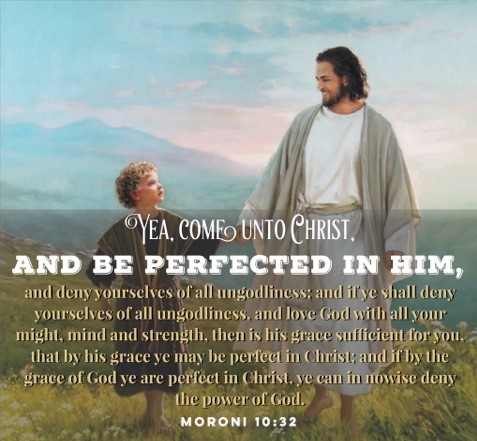To accompany your Come Follow Me study for the week of December 16-22
Even if you watched the following video when you studied Mormon 8, you may enjoy it again in connection with Moroni 10:
And you will likely enjoy the following addtional videos, as well:
You’ll also enjoy the related commentary in the Institute Student Manual at
If you would like a Kahoot game related to this material which you could use for personal study or use with your family or your class, click here: https://create.kahoot.it/share/moroni-10/66233d41-ffdb-449a-b9b1-8fe71a25737d. To use it with a group, after clicking on this link, you will need to log into Kahoot, creating a free account if you have not done so previously, then click on the blue “Host Live” button or the gray “Assign” button, depending on how you wish to use the Kahoot. Some of the Kahoot questions may presuppose that the player has read through the suggested answers to the following Points to Ponder and at least has browsed the Institute student manual as well.
Points to Ponder in Moroni 10
1. What would you tell someone who insisted he had followed Moroni 10:4 and put the Book of Mormon to the test but got no divine confirmation?

2. If 10:5 is true, why do so many people have such a hard time deciding what is right and wrong, true and false? Which ingredients listed by Moroni are most often omitted by those who claim to be looking for answers?

3. How does the list of spiritual gifts in Moroni 10 compare with similar lists in D&C 46 and 1 Cor. 12? What unique contributions does Moroni make to the subject?

4. Does 10:22 mean that if one is suffering emotional distress, he is guilty of sin? Can we really be happy all the time?

5. What do you think of Moroni’s two-fold recipe for achieving perfection? (10:32-33) What all is involved in denying oneself of all ungodliness?

Possible Answers to Points to Ponder in Moroni 10
1. What would you tell someone who insisted he had followed Moroni 10:4 and put the Book of Mormon to the test but got no divine confirmation?
One who insists he has tried this approach without results might be asked if he really did “receive” and study these things? Did he read, study, and ponder the entire book, or just a few pages? After all, Moroni’s promise is in the last chapter of the book, not the first. Was he sincerely ready, even eager, to accept a positive answer? Or was he hoping not to get one, so he didn’t have to change his life? The formula does work if all elements are in place.
2. If 10:5 is true, why do so many people have such a hard time deciding what is right and wrong, true and false? Which ingredients listed by Moroni are most often omitted by those who claim to be looking for answers?
One common error is to expect the Lord to do our homework for us. A true faith in Christ, which includes an eager desire to do whatever the Savior might ask of us, may be the most common omission in a spiritual search.
3. How does the list of spiritual gifts in Moroni 10 compare with similar lists in D&C 46 and 1 Cor. 12? What unique contributions does Moroni make to the subject?
The three lists are similar in essential respects. Moroni puts the gift to teach (as opposed to merely possessing) knowledge and wisdom higher on his list than do the others. He makes no mention of the gifts of knowing the “differences of administration” or “diversities of operations.” He alone mentions the gift of “beholding of angels and ministering spirits.” He adds several superlative adjectives in his description of other gifts.
4. Does 10:22 mean that if one is suffering emotional distress, he is guilty of sin? Can we really be happy all the time?
Since righteousness leads to having the Holy Ghost with us, which invariably brings hope, it is true that “despair” or utter hopelessness comes because of iniquity. But there may be a difference between “despair” and lesser forms of distress or depression, some of which may have organic causes. And one can be disappointed by the actions of others or by circumstances without descending to “despair.” Those who are not suffering organically caused depression should be able to feel a constant peace and joy through the Spirit of the Lord, even if they are not having much fun or external comforts.

5. What do you think of Moroni’s two-fold recipe for achieving perfection? (10:32-33) What all is involved in denying oneself of all ungodliness?
It reduces everything to a beautiful simplicity. Denying oneself of all ungodliness is not to make oneself miserable but to eliminate from one’s life all that does tend to make him miserable. If one is trying to keep one foot in the Lord’s kingdom and the other in the devil’s, it may be extremely difficult and frustrating, but when one decides to leave the devil’s kingdom for good, he enters a realm where he can finally be supremely happy.
Postscript
Thank you for journeying with us through the Book of Mormon this year. I hope you have enjoyed it as much as I have. May I share with you my own testimony that the Book of Mormon is all it claims to be—God’s message through ancient prophets to us, His children, to help us navigate through life’s storms today. It came through a modern prophet, Joseph Smith, through whom God also restored His true Church to the earth.
You are cordially invited to join us for next year’s Come Follow Me course of study, dealing with the Doctrine and Covenants. That was my “first love” among the four Standard Works of The Church of Jesus Christ of Latter-day Saints and was the first book of scripture I ever read all the way through. I look forward to posting Points to Ponder again each week to help us focus on some of what I consider to be the most significant and currently applicable messages from that wonderful book.
